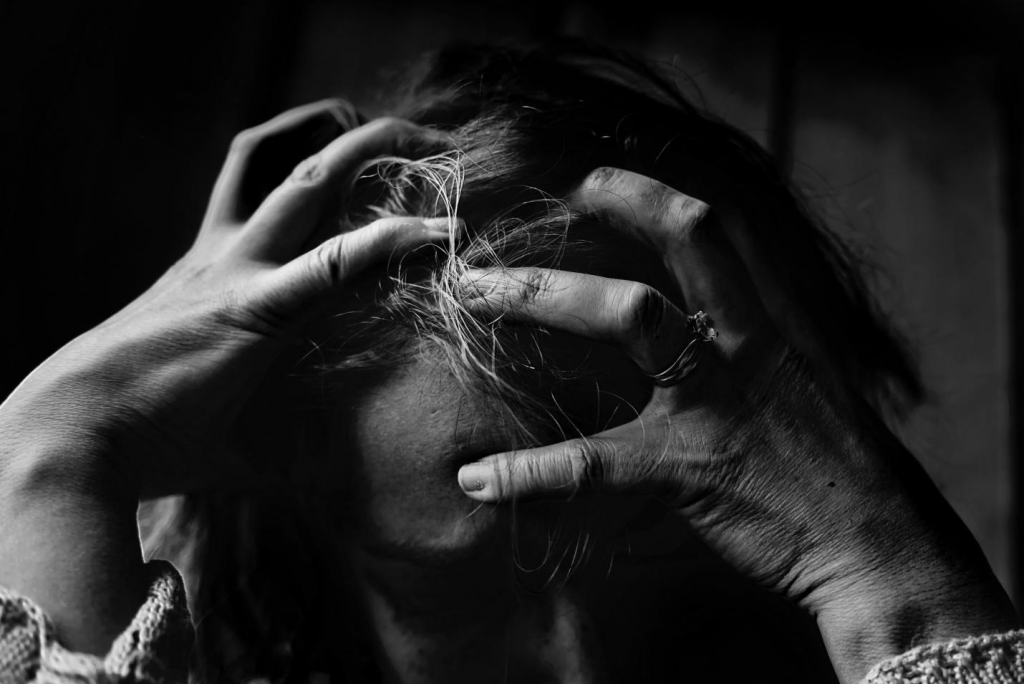
There are millions of Americans struggling with some form of addiction. They all, of course, have parents, siblings, kids, partners, or friends. We tend to think mostly about how addiction affects the lives of the individuals trying to deal with it, and we rarely think that they’re part of a family and social network.
If someone close to you has a substance use disorder, it will inevitably take its toll on you as well. This is someone that you care about deeply, so it’s hard to see how it changes them. When they decide to seek treatment, it feels like you can finally breathe again. All you want is to see them get better. You’ve been there for them every step of the way. You were there for the highs and lows. Perhaps you’ve even seen them reach rock-bottom.
If they have a relapse, it can be devastating because you thought the bad times were behind you and you were looking forward to a brighter future. As disheartening as a relapse can feel, statistically speaking, they are not unusual. About half of those who have undergone addiction treatment will have a relapse. But this shows that they are not a lost cause. Sometimes, after a relapse, we might get angry and blame them or ourselves. We start to think that maybe they didn’t try hard enough or that there was something we should have done for them and didn’t. But no, there’s nothing wrong with them or use. A relapse is a temporary relapse, not a life sentence.
The Signs of a Relapse
Usually, relapses don’t just happen. They’re triggered by something. It could be stress from work or a major event such as the death of a loved one or becoming unemployed. The trigger is most often something that causes the person to experience strong emotions they can no longer cope with in a healthy way. If this coincides with being exposed to drugs or alcohol, there’s a chance they will no longer be able to resist cravings.
You won’t always be able to see if a loved one is about to relapse because they’ll try as much as they can to hide it. They can become more secretive and withdrawn, which can be a sign in and of itself. You may also mood swings, impulsive behavior, and changes in physical appearance. If they were still getting outpatient treatment, whether it was one-on-one therapy, group therapy, 12 step or non 12 step programs, or support groups, they might start missing meetings because they feel ashamed or afraid of negative reactions. This is one of the reasons why it’s so helpful to be able to recognize the signs of a relapse. So even though they’ll try to hide it, you can let them know that you’re there for them and you don’t love them any less.
Don’t Give Up
Although witnessing someone you love go through a relapse can be heartbreaking, keep in mind that many people relapse, and they still go on to live healthy, happy, sober lives. A relapse is not a failure but a sign that they need further treatment. The best approach is to look for treatment options in your area and speaking to a dedicated treatment provider.
Based on an assessment and discussion, your loved one can try repeating the same treatment that enabled them to quit before, or they can try a different approach to better accommodate their needs.
